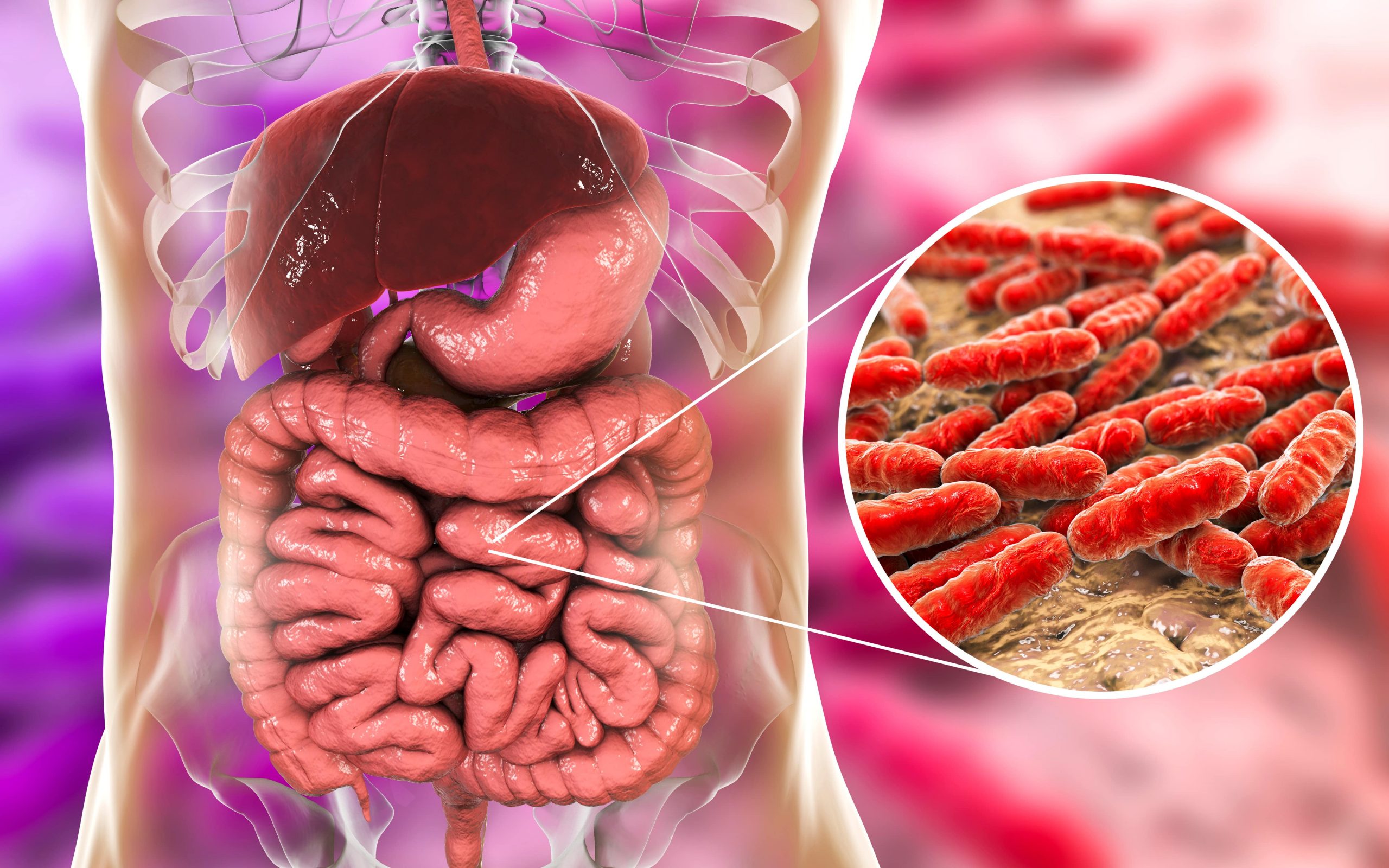The gut houses thousands and thousands of bacterial cells. While you may think all bacteria are bad, not all are harmful to the body. Some of themplay vital roles to ensure your body is functioning properly and your health is at its optimum condition.
The gut microbiome consists of bacteria along with fungi and viruses. You must have heard about gut health and how it’s important to have good gut bacteria. But, what does it take to have a healthy gut, and how will you improve your gut bacteria?Let’s see.
What is gut microbiome?
Anytime you hear about microbiome, know it includes all the fungi, and viruses and theyare everywhere. Be it ears, eyes, prostate, lungs, uterus, ovarian follicles, throat, stomach cancer, throat, and skin. Microorganisms are always nearby. According to experts, there are around or 10,000 microbial species or even more in the body. Bacteria is divided into two; aerobic and anaerobic. Aerobic need oxygen toget activated, and they are found on the skin. Anaerobic doesn’t use oxygen, and an example is the one found in the gut. This microbiome is important due to how it impacts the overall health condition.
How do you know you need to improve your gut bacteria?
The surest way to maintain a healthy life is to be conscious of your body and notice any change. With gut health, you’ll need to be observant; otherwise, you may be having an unhealthygut without you knowing. The greatest sign will be your poop. If you observe changes in your stool’s length, consistency, or color, thatreflects a poor gut. Still, not all the time, it may be a concern. If you have had a strange stool for the whole of your life, then there is no need to worry if your poop is weird-looking as long as no pain is experienced. Other signs that’ll indicate you need to work on your gut health include rectal bleeding, pain in the bowel, abnormal weight loss, and anemia.
Why is it important to improve your gut bacteria?
The condition of your gut, also known as gastrointestinal(GI) system or digestive system, matters because itaffects the whole body. It’s the part that receives nutrients, absorbs them, and uses them to maintain a healthy body. In addition to food digestion and nutrients absorption, gut has a great connection with the brain. More so, the digestive system affects the immune system. Experts claim cells living in the gut covers more than 70% of the immune system. Thus, you have the responsibility to take good care of it if you want your immune activities to actdesirably.
Is it possible to change your gut health?
The existence of gut begins at birth. The environment will affect how it works and its health condition as you grow up. What you eat is a great factor that influences your gut bacteria. That’s why its health can worsen or improve at any time. You’re the one who determines if it’ll change to a better state or get destroyeddepending on the care you give it.
How can you improve your gut health?
Invest in probiotics
Probiotics are as good as the ones already in your digestive system, so eating them will complement what’s already in the gut. Different probiotics work differently, and each has its own effect on the body to help keep everything in control.
In case you’re wondering how probiotics will help, here is the thing; they strengthen the immune system and boost gut health too. Also, they help to reduce allergy symptoms and assistthose intolerant to lactose. So, if you want to make your gut happy, eat sources of probiotics. Look for food items that have bacteria like lactobacilli and bifidobacteriaas their ingredients. Sources of probiotics include fermented food like yogurt, vegetables,and you can also use probiotic supplements.
Exercise regularly
Exercising benefitsthe body in many ways, such as improving your mental, physical, and even gut health. Keeping the body active helps to multiply good bacteria in the gut. Working out for long hours and engaging in high-intensity training will positively contribute to the general wellness of your gastrointestinal system.
Reduce your alcohol intake
Everyone knows alcohol is an obstacle if you want to stay healthy. If you’ve been avoiding it because you’re aware of its effects likeheart illnesses, stroke, liver diseases, weight gain, and cancer, you have one more reason to avoid or limit your alcohol intake. Too much alcohol affects your microbiome negatively and may lead to gastritis, characterized by an irritated gut that gets inflamed. Such condition leads to heartburn, long term discomfort, bacterial infections, and ulcers. Also, you may get intestinal inflammation which reflects an unhealthy gut and leads to alteration of your microbiomes.
Avoid stress
Stress does not affect mental health only. Gut-brain connection makes anxiousness or any other feelings affectyour gastrointestinal health. Managing your mental health and controlling your stress levels will minimize uncomfortable GI symptoms. Do anything that’ll reduce tension. Be itexercising, walking with a pet, spending time with friends, or listening to good music.
What foods are good for your gut microbiome?
Generally, a diet rich in fiber will help you have a healthy microbiome. It’ll boost its health by improving the gut lining and preventing inflammation. Also, other foods that may help you increasegood bacteria in the gut include;
- Wheat
- Legumes
- Onions
- Mushrooms
- Garlic
- Wholegrains
- Rye
- Barley
- Apples
Does sugar affect gut health?
Refined sugar interrupts the balance in the gut and metabolism. Sugar is important to the body, but too much affects the gut microbiome and leads to other serious diseases. If you want to eliminate bad bacteria in the gut, reduce your sugar intake.
Conclusion
Gut health is as important as any other aspect of health. Don’t underestimate the benefits of improving good bacteria in the gut. Gastrointestinal system holds many bacteria, which helps you stay healthy.Examine your lifestyle and what you eat and ensure you make positive changes to give you a healthy gut. One step at a time. Reduce sugar, increase fiber intake, limit alcohol consumption, exercise, and all will be good!
- Chickpeas vs. Garbanzo Beans: What’s the Difference? - April 19, 2024
- How to Manage or Improve Anxiety - September 21, 2023
- The birth of a company - July 29, 2023









